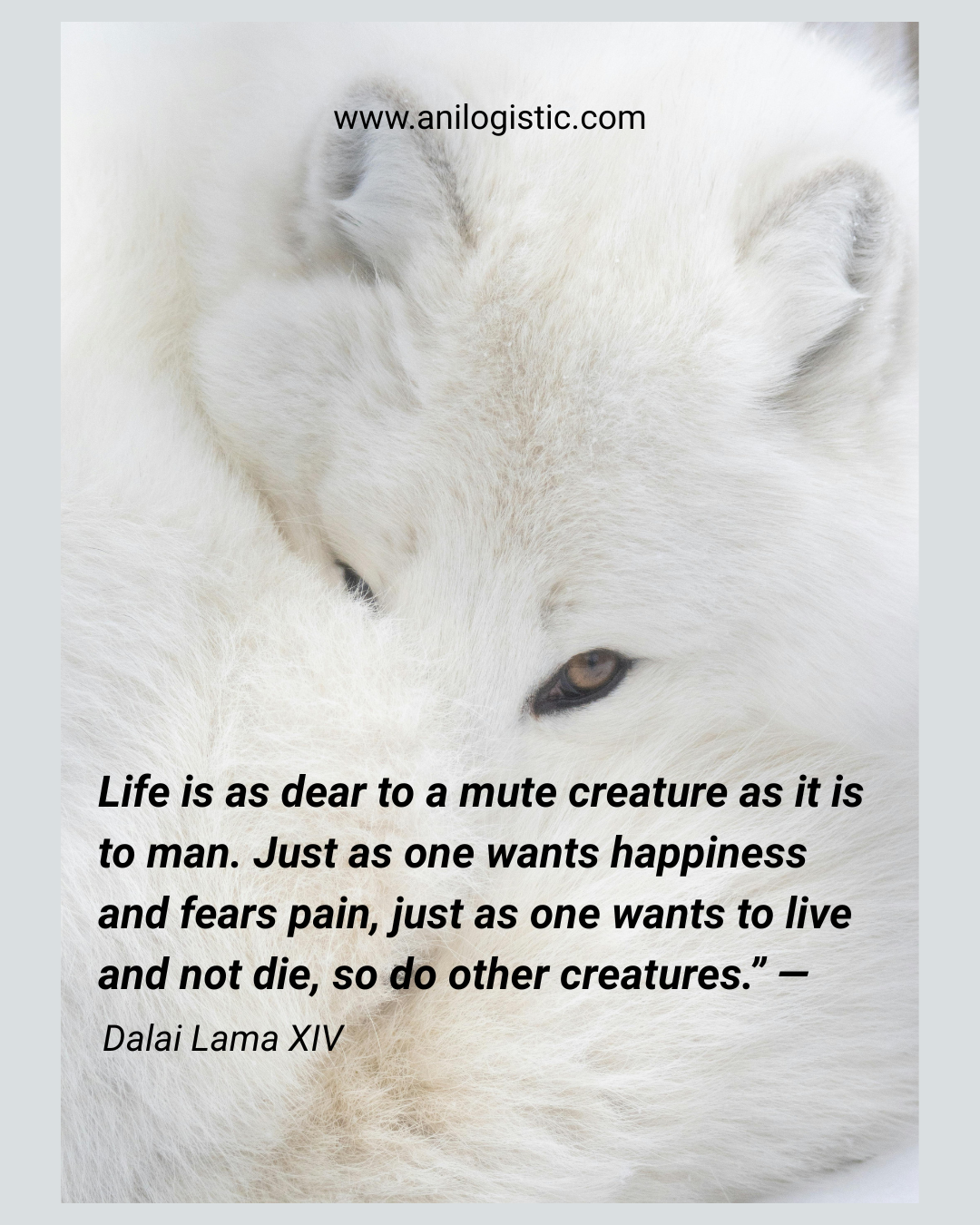Fur is no longer a symbol of luxury — it has become a symbol of cruelty. Behind the shine of fur collars lie the sufferings of animals kept in narrow metal cages, deprived of natural behaviour, movement, and even rest. On fur farms, foxes, minks, chinchillas and rabbits live short lives filled with stress and pain, only to be turned into commodities. More and more European countries are recognising that the price these animals pay is incompatible with modern values and ethics.
In recent years, the European Union has been steadily moving away from fur production. Laws banning the breeding of animals for fur are already in force in Austria, Germany, the Netherlands, the Czech Republic, Slovakia, Croatia, Italy, France, Belgium, Luxembourg, Norway and Latvia. Lithuania and Estonia have adopted laws to phase out fur farms, while regional restrictions are in place in Spain and Hungary. Even in traditionally fur-producing countries such as Finland and Denmark, the industry is rapidly declining due to falling demand and growing public pressure.
Now Poland has joined these nations. Last Saturday, the Sejm passed a law banning the breeding of animals for fur, which will be fully implemented by the end of 2033. Farmers who close their farms earlier will be eligible for state compensation. The bill was supported by 339 deputies, with 78 voting against. Notably, the decision united representatives from across the political spectrum: it was supported not only by members of the ruling coalition but also by around a hundred MPs from the main opposition party. Only the far-right Confederation voted against it. According to a survey by the state research centre CBOS, two-thirds of Poles — 66% — support such a ban, including the majority of voters of the main opposition party, Law and Justice.
Poland has so far remained the world’s fourth-largest exporter of fur. However, according to UN data, this sector accounts for only about 0.014% of the country’s total exports. In 2023, Polish companies exported furs worth 55 million USD — eight times less than in the record year of 2014. Thus, abandoning fur farming will not significantly affect the economy, but it will mark an important step for the country’s image and its contribution to the humanisation of European policy.
At the EU level, common measures are already being prepared. The European Commission is analysing the possibility of introducing a complete ban on breeding animals for fur and on importing fur products into all EU member states. A decision is expected in 2026. The initiative has already received support from more than 1.7 million citizens who signed the “Fur Free Europe” petition calling for a single, pan-European law.
If adopted, the EU would become the first region in the world where fur farms remain a thing of the past — together with the era when fashion cost living beings their lives.
If adopted, the EU would become the first region in the world where fur farms remain a thing of the past — together with the era when fashion cost living beings their lives.
